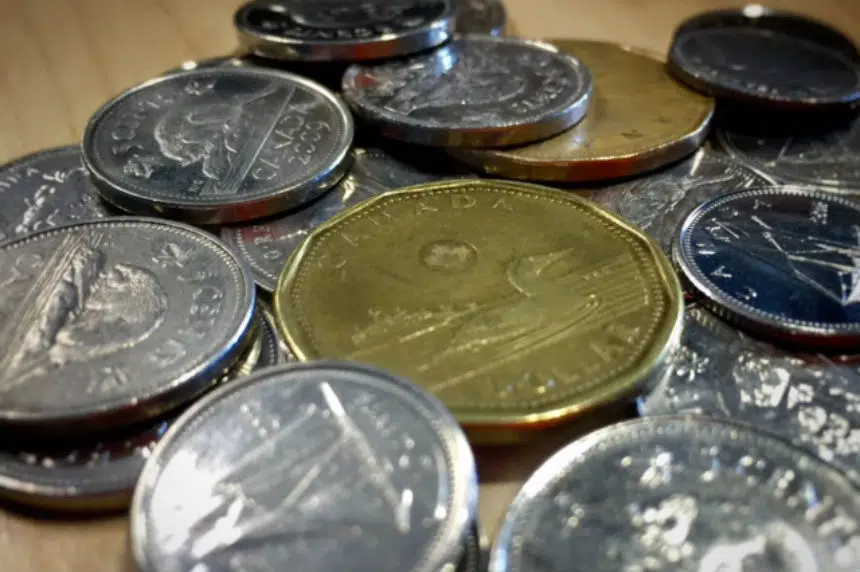Change is inevitable, especially when it comes to the current state of the economy.
The “new economy” relies heavily on the creation of new technology that many humans use as the driving force to create more wealth.
Calgary-based author and energy policy analyst David Yager has written a piece about the debate between the old economy compared to the new economy called “Revenge of the Old Economy is Great for Saskatchewan.”
In the article, Yager describes some of the “new economy” businesses such as Google and Microsoft and how some of those major companies still produce “old economy” materials — things humans can’t live without like food, heat, clothing, and transportation.
“The urban centres only exist because the rural centres keep producing the necessities of life, and that really goes towards the Prairies,” Yager told Gormley this week.
Yager said there are both pros and cons for the people in Saskatchewan when it comes to the future.
“We may have to pay more in Western Canada for food and vegetables in the winter, and we may have to pay more for fuel. But we’re never going to run out of it,” Yager said.
Sometimes it can be forgotten how key a contributor the province of Saskatchewan can be with supplying basic commodities.
The trend in key resources only appears to be going up over the next five years, especially when it comes to uranium and oil.
“People forget what a great contributor to the global clean energy Saskatchewan is for uranium,” Yager said.
“Saskatchewan is Canada’s unforgotten or overlooked significant oil producer that’s been a part of over half a million barrels per day.”
However, some of the urban markets are expected to make several major changes over the course of this winter.
Yager said the problem all begins in Europe and will spread to North America in a hurry.
“The price of natural gas is so high in Europe, they are actually shutting down fertilizer plants,” he said.
About half the world relies on fertilizer, which could factor into next year’s crop cycles, Yager stated.
“I really hope it isn’t as serious as it may be and we just don’t know how bad it’s going to get,” he said.







